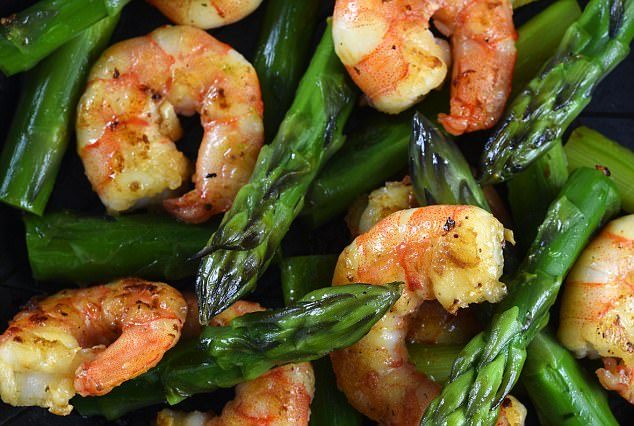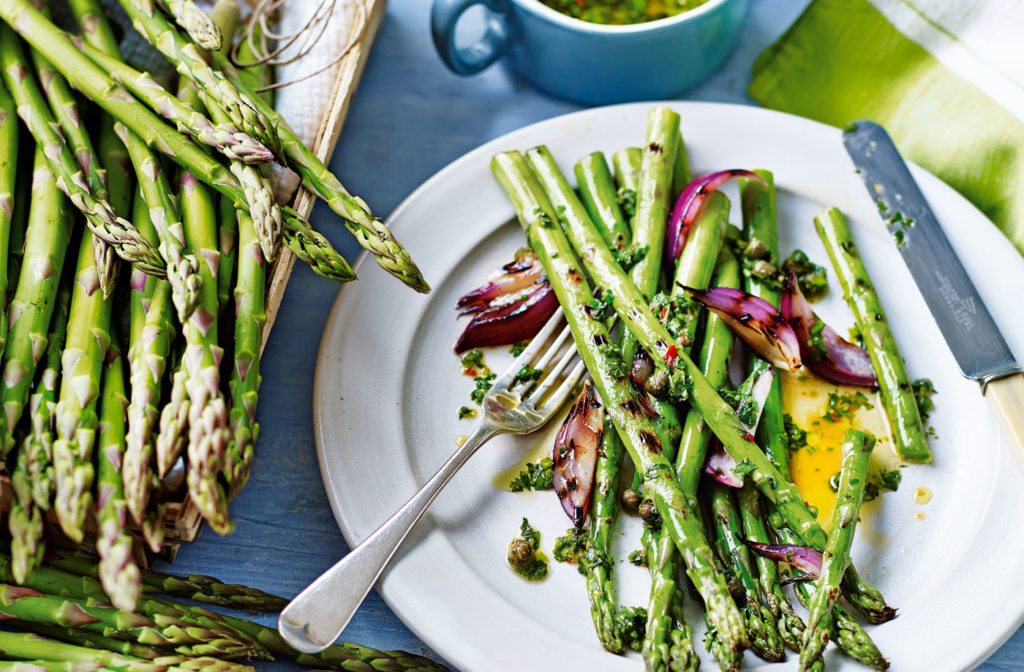Asparagine Found in Food Linked to Metastasis of Breast Cancer
Asparagine, a non-essential amino acid named after the humble asparagus, has now been discovered to drive the spread of breast cancer in a CRUK study investigating whether a change in diet could help patients with breast tumours.
The study “adds to a growing body of evidence that suggests diet can influence the course of the disease,” one of the study’s first authors, Simon Knott, associate director of the Center for Bioinformatics and Functional Genomics at Cedars-Sinai Medical Center in Los Angeles, said in a statement.
Most breast cancer patients do not die from their initial tumour, but from secondary malignant growths (metastases), where cancer cells are able to enter the blood and survive to invade new sites. Researchers have shown how limiting the body’s production of this amino acid – a building block for larger protein molecules in the body – or curbing it with drugs or dietary restrictions, significantly reduced the ability of breast cancers to spread.
The results have yet to be shown in human trial, but after tests on mice, academics said in future an asparagine restrictive diet and treatment could be given after surgery to remove the primary tumour.
“Our work has pinpointed one of the key mechanisms that promotes the ability of breast cancer cells to spread,
” said Professor Greg Hannon, lead author of the study based at the Cancer Research UK Cambridge Institute. “When the availability of asparagine was reduced, we saw little impact on the primary tumour in the breast, but tumour cells had reduced capacity for metastases in other parts of the body. In the future, restricting this amino acid through a controlled diet plan or by other means could be an additional part of treatment for some patients with breast and other cancers.”The international team of cancer specialists from Britain, the US, and Canada studied mice with an aggressive form of breast cancer. The mice develop secondary tumours in a matter of weeks and tend to die from the disease within months.
In the course of their study, the team looked at the genes that were switched on inside each cell type, and found 192 that were more active in those with a greater ability to spread, called 4T1-T cells. When they then compared gene data with similar information from patient samples, the researchers found the same genes were more active in people with aggressive breast cancer. The researchers then used molecular tools to switch genes off individually in 4T1-T cells and watched how this affected their spread in Petri dishes and mice. In both tests, switching off a gene called asparagine synthetase stopped the cells from spreading. As the name suggests, this gene is responsible for making asparagine in the body.
Breast tumours in mice made of the 4T1-T cells were less able to spread when the mice were treated with a leukaemia drug that chops up asparagine. And the same result happened when the researchers simply fed the mice a low asparagine diet.
Professor Charles Swanton, Cancer Research UK’s chief clinician, said: “This is interesting research looking at how cutting off the supply of nutrients essential to cancer’s spread could help restrain tumours.
“The next step in the research would be to understand how this translates from the lab to patients and which patients are most likely to benefit from any potential treatment.”
“This is one case where we can show at a deep biochemical level how a change in diet can impact properties of cells that are relevant to the progression of lethal disease,” said Hannon. “But of course, until human studies are done, this isn’t a DIY method to prevent cancer.”
Baroness Delyth Morgan, chief executive of Breast Cancer Now, said: “This early discovery could offer a long-awaited new way to help stop breast cancer spreading – but we first need to understand the true role of this nutrient in patients. With nearly 11,500 women still dying from breast cancer each year in the UK, we urgently need to stop the disease spreading around the body, where it becomes incurable.
“On current evidence, we don’t recommend patients totally exclude any specific food group from their diet without speaking to their doctors. We’d also encourage all patients to follow a healthy and varied diet – rich in fruit, vegetables and pulses, and limited in processed meat and high fat or sugar foods – to help give them the best chance of survival.”
































